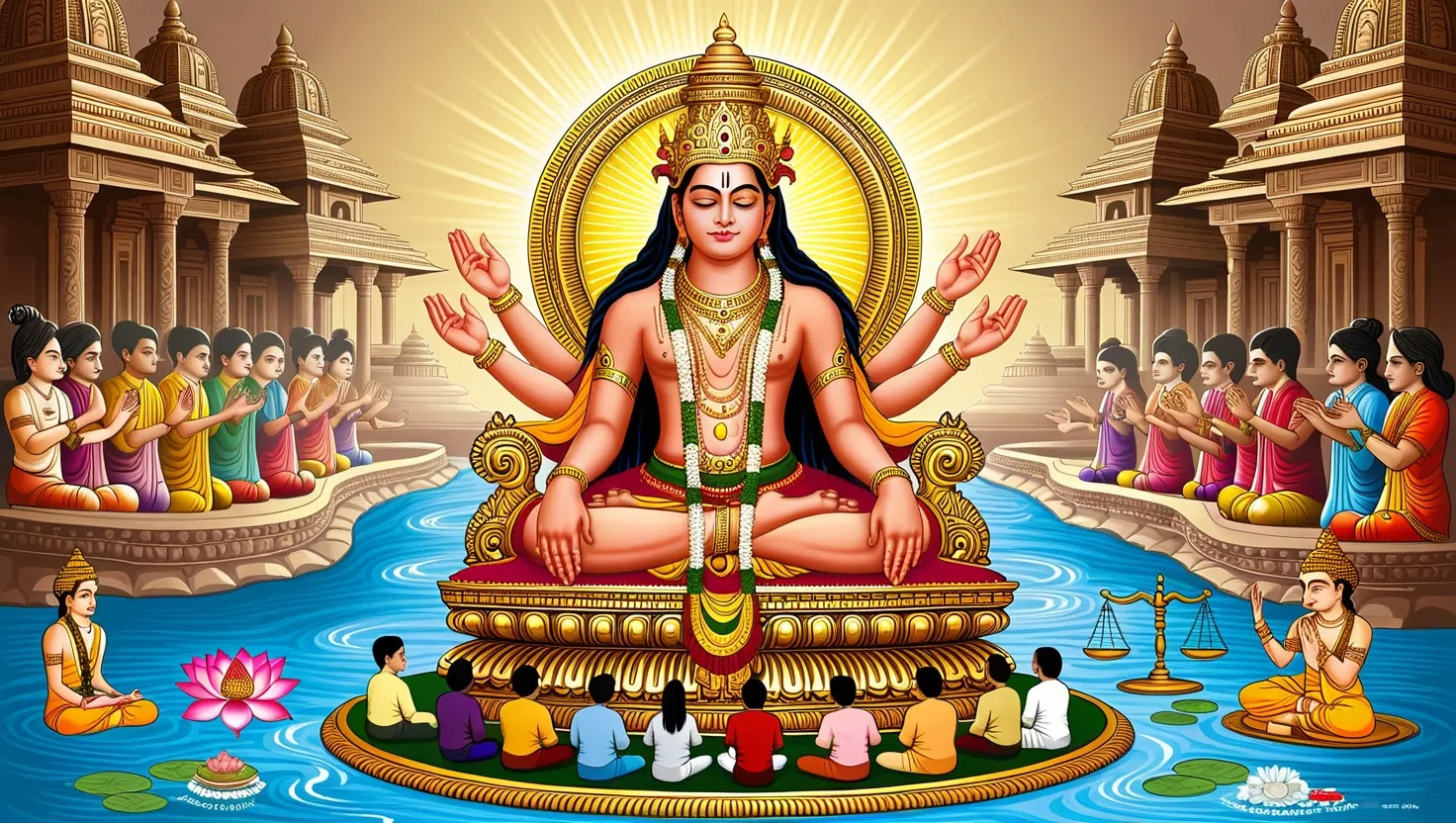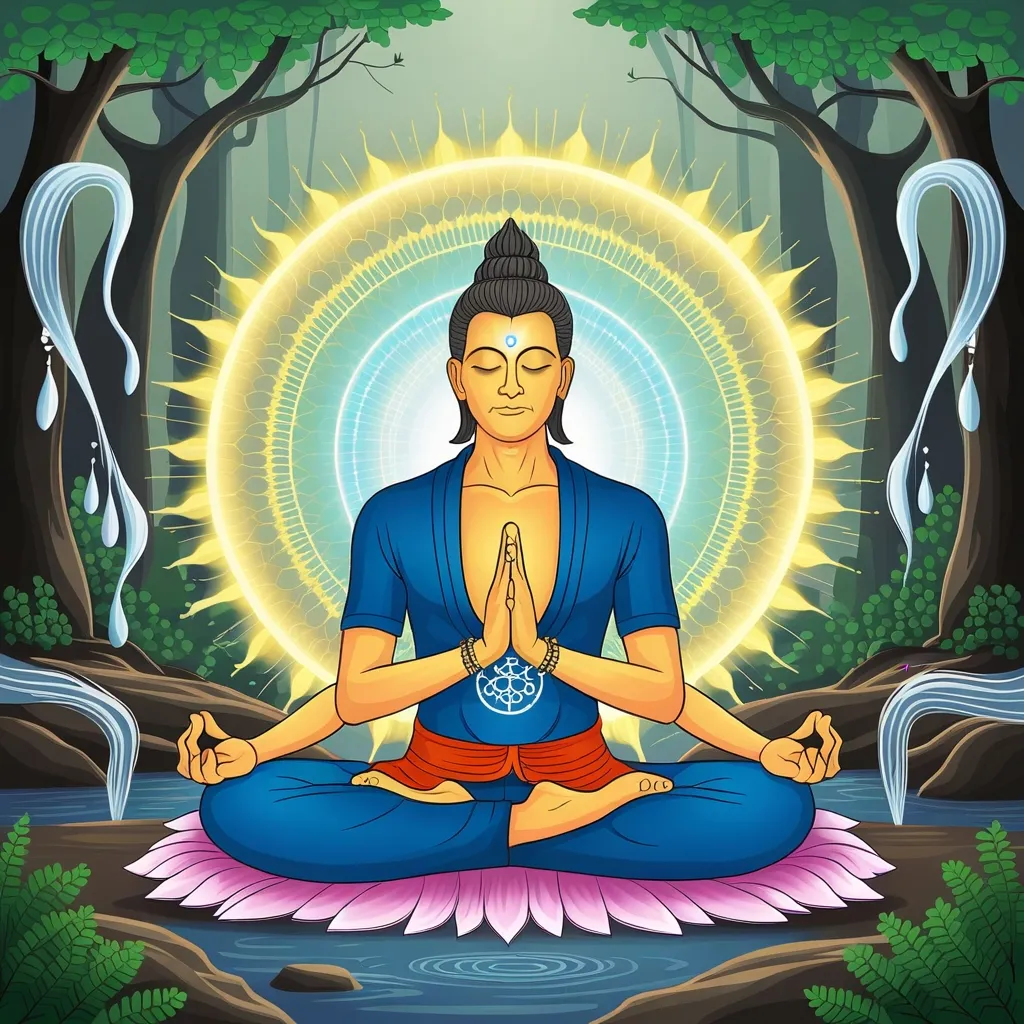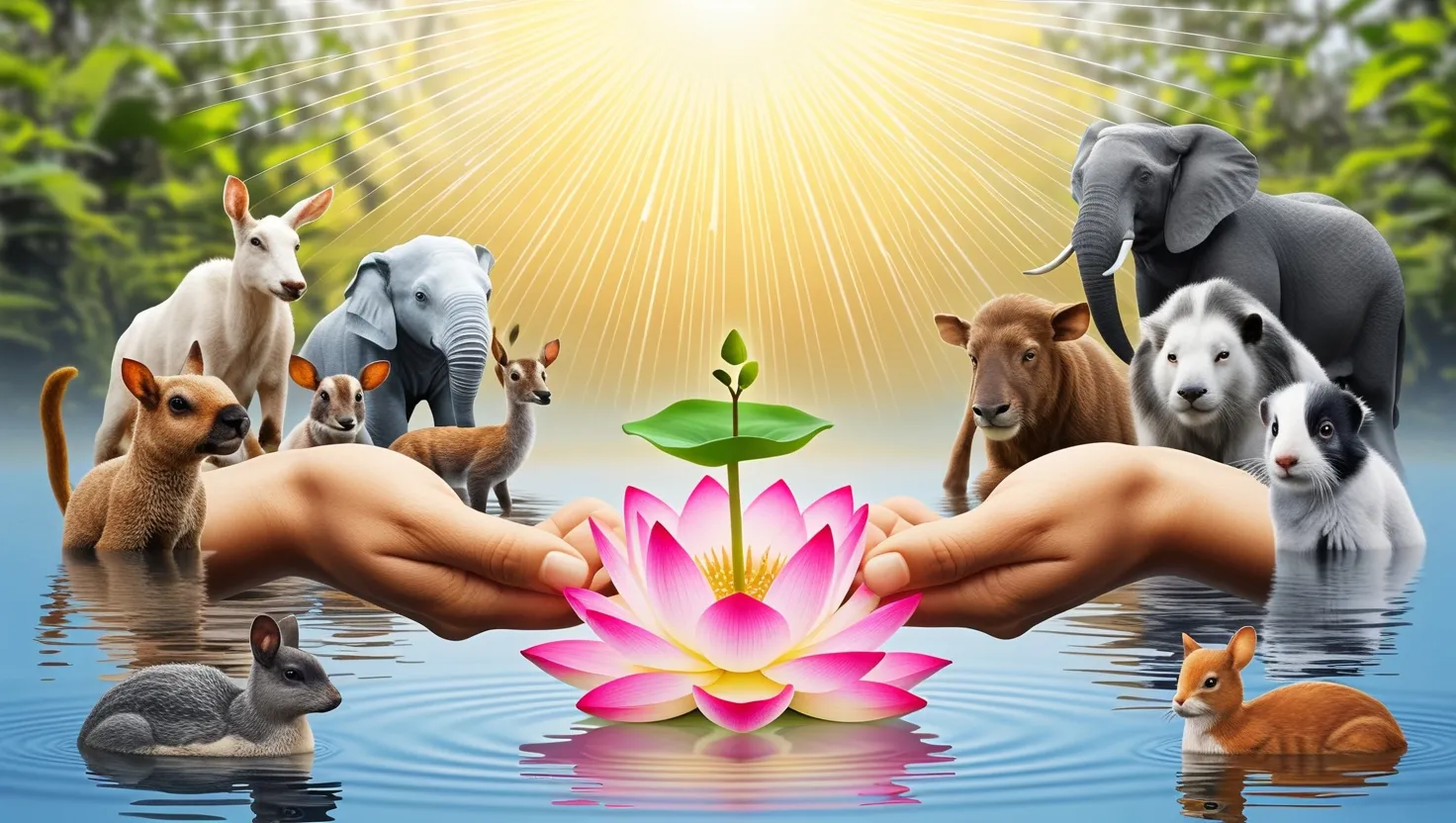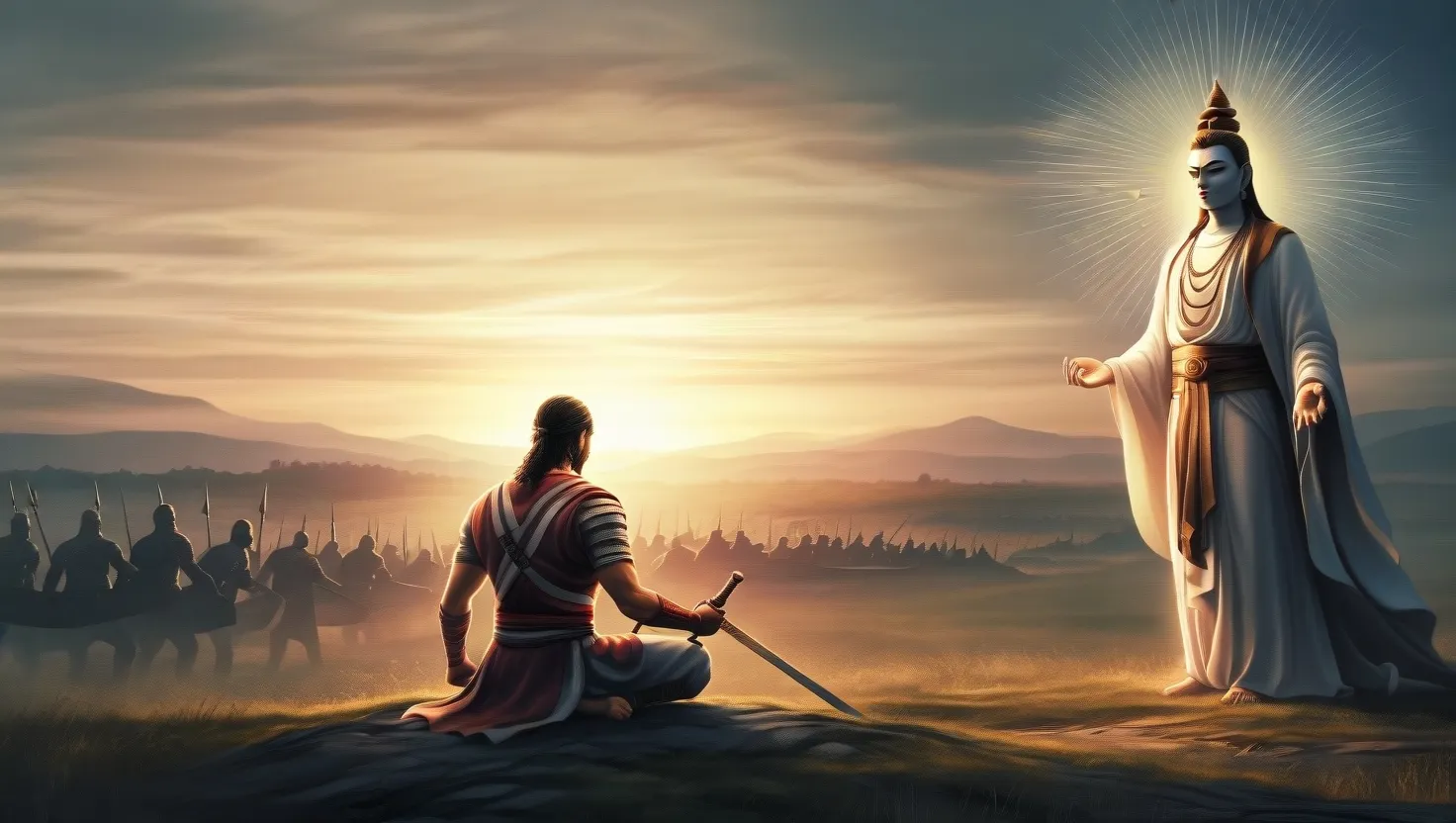The ancient ideal of Rajadharma, or king’s duty, is one of those concepts that still stirs my curiosity every time I revisit its depth. For many, it simply means a code of conduct for rulers—an ethical guide for those at the helm. But Rajadharma is more than a rulebook; it transforms leadership into a sacred trust, linking governance and spiritual responsibility into one living practice.
“To rule is easy; to govern is difficult.” – Johann Wolfgang von Goethe
Let’s start with a question: What does a ruler owe to his people—just laws, or something more profound? Ancient Hindu texts offer a striking answer. The king wasn’t a mere administrator or war leader. He became, in the words of the Mahabharata, the embodiment of dharma, the living anchor for social order. His personal virtue and self-restraint set the tone for the entire kingdom. Imagine a leader whose smallest act ripples outward, shaping the fate of everyone.
In the Shanti Parvan, we find dying Bhishma counselling Yudhishthira not as a military strategist, but as a moral guide. Their conversations go far beyond tactics or bureaucracy. What matters most is the king’s role as protector of dharma—justice, compassion, right conduct. If the king wavers, society falters. This philosophy treats virtue as contagious; a single lapse at the top can poison the roots below.
“The king’s happiness lies in the happiness of his subjects. His welfare is their welfare.” — Kautilya, Arthashastra
This quote signals a social contract older than most. Far from claiming privilege, Rajadharma frames the king as society’s servant. He eats only after his people have eaten, rests only when they are at peace. In practice, every royal right comes paired with an obligation. Taxation isn’t an extraction; it’s reciprocal support. Subjects sustain the ruler because the ruler safeguards them.
Here’s another thought-provoking angle: Rajadharma spelled out clear checks on the king’s authority. Ministers could challenge injustice, and public welfare was the ultimate test of good government. If the king failed, his right to rule evaporated—centuries before the idea of popular resistance caught on in the West. What makes this unusual isn’t just the theoretical accountability, but the mechanisms for dissent. Power and wisdom were expected to interact, not simply coexist.
Picture the kingdom as a kind of ethical laboratory, where spiritual and practical priorities blended. Rajadharma didn’t isolate the king as an infallible authority. Instead, it separated spiritual advice and political power. Brahmins advised; kshatriyas acted. The result was systemic checks and balances, and recognition that not every group should rule—talents and temperaments mattered.
“Power should be a servant, not a master.” – Plato
The focus on servant leadership feels strikingly modern. It’s tempting to see ancient monarchy as a rigid structure, but the ideals here suggest something more dynamic. The king must protect the weak, encourage economic growth, sponsor learning and arts, and preserve traditions. This isn’t just about running the kingdom—it’s about cultivating human flourishing. The vulnerable received special protection, and the cultural fabric, from theatre to poetry, was sustained as moral duty. When was the last time you saw a state treat the joy of its people as a sacred trust?
How do we connect these ancient principles with today’s leadership challenges? The emphasis on accountability is one way. Rajadharma insists that authority draws legitimacy from ethical behavior, not birthright or brute force. Could modern institutions benefit from a similar philosophy—where leaders serve, and every power granted is tied to a public duty?
Consider the democratic echoes. Accountability, minority rights, public service—these values aren’t accidental. Rajadharma recognized that diversity of functions, and of social roles, strengthens society. Just as not everyone governs, not everyone advises; the wisdom resides in how these functions interact.
“Nearly all men can stand adversity, but if you want to test a man’s character, give him power.” – Abraham Lincoln
This framework was far ahead of its time in its understanding of power. Instead of viewing authority as a monolith, it regarded leadership as stewardship. The king’s legitimacy came from protecting dharma, and when he failed, he lost his moral claim. This philosophical stance gave rise to ideas of justified resistance—the right to oppose tyranny—that Western thought would only develop centuries later.
I’m often struck by lesser-known details: The king was required to sponsor cultural activities, recognizing that society’s soul rested not just in material prosperity, but in flourishings of theatre and art. Justice was both a spiritual and practical obligation—law and ritual bonded to reinforce fairness. Even the methods of punishment were shaped by a desire to rehabilitate, not simply to deter. Such nuances reflect a worldview where ethics permeate every function of leadership.
Rajadharma also tackled the complexity of social life. It didn’t assume sameness. Instead, the varna system allocated different roles, and the ruler’s duty was to ensure these operated harmoniously. The king was expected to enact policies with fairness for all groups, balancing majority needs with minority rights.
Ask yourself: In what ways can contemporary leadership learn from this ancient mandate? Today, the temptation is often to equate authority with control. Rajadharma asks leaders to guide, not dominate—to build consensus, not force obedience. It treats the governed as partners, not subjects.
The concept’s endurance is remarkable. Despite the sweep of history, the central tenets remain relevant: ethical conduct forms the bedrock of authority; leadership means service; governance is a moral art. A political system grounded in spiritual duty offers not just rules but purpose.
“Right is right, even if everyone is against it; and wrong is wrong, even if everyone is for it.” – William Penn
This is, perhaps, the final measure of Rajadharma’s wisdom: the idea that lasting legitimacy springs from integrity. The king, as guardian of dharma, personifies what is right. If he fails, no amount of might, tradition, or ceremony can save his reign. This insight continues to inspire reflection about justice, law, and leadership across cultures.
In our current debates about public life, these lessons remain urgent. Rajadharma teaches that true authority—whether wielded in state, corporation, or community—should elevate and serve those it touches. The ruler is not the owner, but the trustee; not the master, but the steward. In the end, the sacred mandate of kings reminds us that every leadership journey is, at heart, a moral calling.






